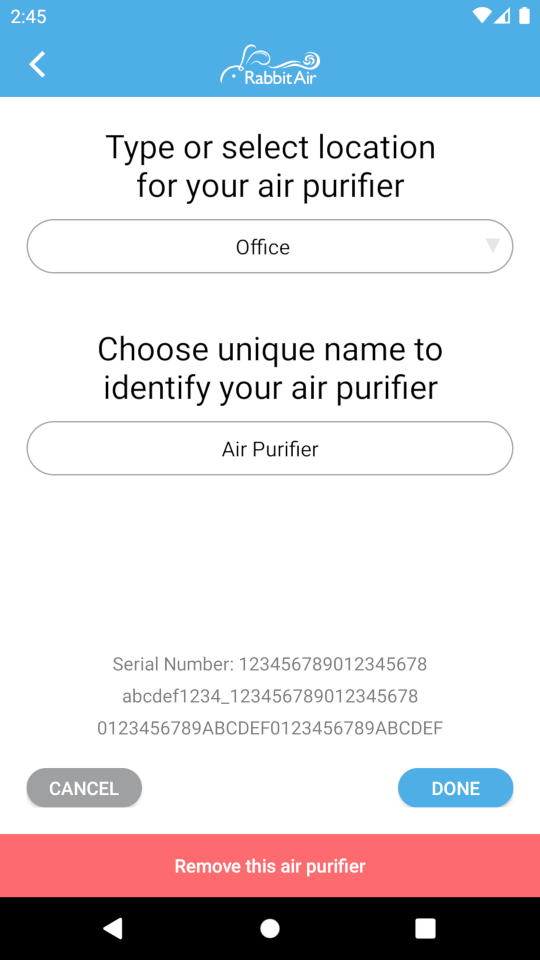
Security News
vlt Launches "reproduce": A New Tool Challenging the Limits of Package Provenance
vlt's new "reproduce" tool verifies npm packages against their source code, outperforming traditional provenance adoption in the JavaScript ecosystem.
This library can be used to control Rabbit Air air purifiers over a local network.
#! /usr/bin/env python3
import asyncio
from rabbitair import Mode, Speed, UdpClient
async def main():
with UdpClient("ip", "token") as client:
# Getting the current state of the air purifier
state = await client.get_state()
print(state)
# Controlling the air purifier
print("Power Off")
await client.set_state(power=False)
await asyncio.sleep(3)
print("Power On")
await client.set_state(power=True)
await asyncio.sleep(3)
print("Set Speed to High")
await client.set_state(speed=Speed.High)
await asyncio.sleep(3)
print("Set Mode to Auto")
await client.set_state(mode=Mode.Auto)
asyncio.run(main())
To establish a connection, you need to know the address and access token of the device.
Edit button. You will see a page with the
device location and name settings.Note that the device ID is used as an mDNS name of the device. So you can
specify it as the host value by adding the suffix ".local" at the end.
For example, you got:

Then you can use abcdef1234_123456789012345678.local as the host and
0123456789ABCDEF0123456789ABCDEF as the token.
In some cases the access token may not be available right away, then you will see a "Tap for setup user key" message instead. To generate the access token, tap on this message and follow the instructions. If the app says "your device is not supported", it probably means that you are trying to connect to a first-generation MinusA2 model (an older hardware revision). It is not yet supported.
FAQs
Python library for local control of Rabbit Air air purifiers
We found that python-rabbitair demonstrated a healthy version release cadence and project activity because the last version was released less than a year ago. It has 1 open source maintainer collaborating on the project.
Did you know?

Socket for GitHub automatically highlights issues in each pull request and monitors the health of all your open source dependencies. Discover the contents of your packages and block harmful activity before you install or update your dependencies.

Security News
vlt's new "reproduce" tool verifies npm packages against their source code, outperforming traditional provenance adoption in the JavaScript ecosystem.

Research
Security News
Socket researchers uncovered a malicious PyPI package exploiting Deezer’s API to enable coordinated music piracy through API abuse and C2 server control.

Research
The Socket Research Team discovered a malicious npm package, '@ton-wallet/create', stealing cryptocurrency wallet keys from developers and users in the TON ecosystem.